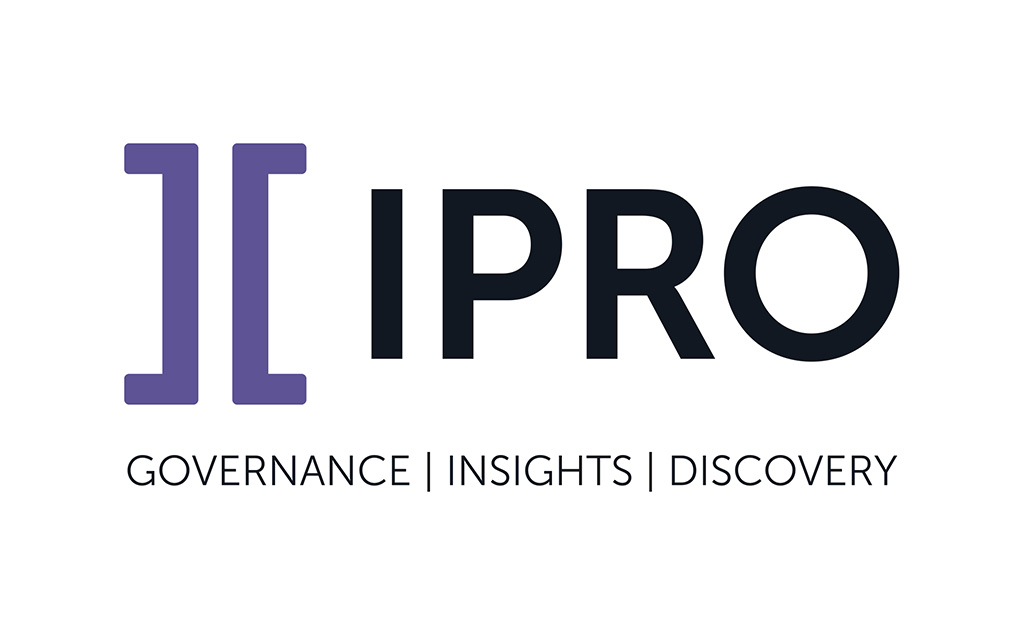
Written by Doug Austin, Editor of eDiscovery Today
Last week, I discussed a new data type that’s coming that we will all have to address from an information governance and eDiscovery standpoint – the Microsoft Fluid framework. This week, I’m discussing an entire new reality that we will all need to address – the Metaverse—which also was an emerging buzzword at Legalweek earlier this month.
What is the Metaverse?
To discuss how we will need to address it, we first need to understand what it is, or at least what we think it will become. Gartner defines it as “a collective virtual space, created by the convergence of virtually enhanced physical and digital reality. In other words, it is device-independent and is not owned by a single vendor. It is an independent virtual economy, enabled by digital currencies and nonfungible tokens (NFTs).”
Many people have described the Metaverse concept as the next version of the Internet, which – as Gartner reminds us – started as individual bulletin boards and independent online destinations before standards and protocols like the Hypertext Transfer Protocol (HTTP) helped turn it into a virtual shared space.
As an example, imagine attending a concert right from your living room yet feeling like you’re right there. Last year’s Astroworld tragedy in my hometown of Houston (where 10 people died because the venue wasn’t equipped to handle a throng of 50,000 people) would never happen in the Metaverse – you could literally have millions of attendees without skipping a beat. Or think about learning about history by experiencing what happened, not just reading about it in a book.
A business application of the Metaverse could be collaborating and conducting meetings as if you were actually in the same room or attending a conference virtually, going to sessions, meeting with people – without ever having to go anywhere. EDRM has conducted a few events in a virtual reality type of environment, though that was a two-dimensional experience whereas the Metaverse will truly be three-dimensional.
Technologies used in the Metaverse
There’s no limit to future emerging technology that can power the Metaverse. But currently it includes 3-D, AI, virtual reality (VR), augmented reality (AR), 5G, Internet of Things (IoT), and blockchain/digital currencies.
Technology and gaming companies — including Microsoft, Apple, Amazon, Google, Roblox and Nvidia have invested billions in defining and developing it. Facebook even renamed its company to Meta Platforms to fully embrace it. Retailers like Nike and Walmart are embracing it, even McDonald’s is pushing toward offering virtual restaurants there where you place your order (then get your food delivered). Virtual food isn’t very satisfying.
But there is no “The Metaverse” today, there are various definitions and visions of what the Metaverse could be and technology and other challenges to overcome (such as motion sickness that people have experienced with VR headsets, cybersecurity concerns, and potential legal, moral and ethical concerns).
The Metaverse’s Impact on Information Governance and eDiscovery
While it’s difficult to fully define how the Metaverse will impact organizations from an Information Governance and eDiscovery standpoint, two impacts seem obvious:
- Big Data will become even bigger: The amount of data needed to power the Metaverse will be enormous. Organizations will have to prepare to support the data needed to either create – or participate in – a Metaverse. Decisions on retention and protection of data associated with the Metaverse may be considerably different than they are today.
- eDiscovery Review will look considerably different: It certainly won’t be called “document review” as reviewers won’t be reviewing documents (in fact, it already shouldn’t be called “document review” today as much of evidence today isn’t in document form). Reviewers will need to wear 3-D headsets (or comparable technology that evolves) to fully place themselves into the experience to understand what happened in a meeting or how a crime was committed in the Metaverse).
Conclusion
The 2018 movie Ready Player One (directed by Steven Spielberg and based on Ernest Cline’s 2011 novel of the same name) is set in 2045 where much of humanity uses the OASIS, a virtual reality simulation, to escape the real world. It’s a terrific movie and it may be the best illustration of what the Metaverse may eventually look like. Or it could be way off. Who knows?
But if your organization isn’t thinking about and preparing for the eventual emergence of the Metaverse – like several of the major companies listed above – it may be ill equipped to survive – much less thrive – in it.
And for more educational topics from me related to eDiscovery, information governance, cybersecurity and data privacy, feel free to follow my blog, eDiscovery Today!
Learn how IPRO solutions enable in place data assessment across multiple platforms.



